COURSE OVERVIEW
PE0216 : Advanced - Gas Dehydration and Mercury Removal
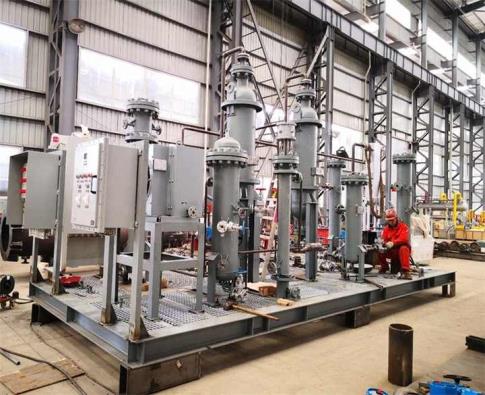
OVERVIEW
| COURSE TITLE | : | PE0216 : Advanced - Gas Dehydration and Mercury Removal |
| COURSE DATE | : | Sep 14 - Sep 18 2025 |
| DURATION | : | 5 Days |
| INSTRUCTOR | : | Mr. Saad Bedir |
| VENUE | : | Dubai, UAE |
| COURSE FEE | : | $ 5500 |
| Request For Course Outline | ||
Course Description
This practical and highly-interactive course includes real-life case studies and exercises where participants will be engaged in a series of interactive small groups and class workshops.
This course is designed to provide participants with a detailed and up-to-date overview of Advanced Gas Dehydration and Mercury Removal. It covers the composition and properties of natural gas and the importance of dehydration and mercury removal; the sources of water in natural gas, formation and impact of hydrates and sources of mercury in and effects of mercury contamination; the gas hydrate formation and prevention, gas dehydration processes, mercury removal technologies and process flow and equipment; and the glycol-based dehydration systems, glycol regeneration and contamination control, solid desiccant dehydration, membrane-based dehydration technologies and hybrid dehydration technologies.
Further, the course will also discuss the fundamentals of mercury removal, activated carbon and metal sulfide-based adsorbents; the impregnated and non-impregnated adsorbents and mercury removal from LNG and cryogenic systems; the performance monitoring and optimization of mercury removal units; identifying health, safety, and environmental consideration by handling of mercury-contaminated waste; the process simulation and modeling for dehydration and mercury removal; and the importance of process simulation.
During this interactive course, participants will learn the advanced control strategies for dehydration systems and cost optimization in dehydration and mercury removal; the reliability-centered maintenance for dehydration and mercury removal units; the troubleshooting and root cause analysis of process failures; the environmental regulations and compliance for dehydration; the mercury removal, waste management and handling of spent adsorbents and glycol; and the future trends and innovations in gas dehydration and mercury removal.
link to course overview PDF
This course is designed to provide participants with a detailed and up-to-date overview of Advanced Gas Dehydration and Mercury Removal. It covers the composition and properties of natural gas and the importance of dehydration and mercury removal; the sources of water in natural gas, formation and impact of hydrates and sources of mercury in and effects of mercury contamination; the gas hydrate formation and prevention, gas dehydration processes, mercury removal technologies and process flow and equipment; and the glycol-based dehydration systems, glycol regeneration and contamination control, solid desiccant dehydration, membrane-based dehydration technologies and hybrid dehydration technologies.
Further, the course will also discuss the fundamentals of mercury removal, activated carbon and metal sulfide-based adsorbents; the impregnated and non-impregnated adsorbents and mercury removal from LNG and cryogenic systems; the performance monitoring and optimization of mercury removal units; identifying health, safety, and environmental consideration by handling of mercury-contaminated waste; the process simulation and modeling for dehydration and mercury removal; and the importance of process simulation.
During this interactive course, participants will learn the advanced control strategies for dehydration systems and cost optimization in dehydration and mercury removal; the reliability-centered maintenance for dehydration and mercury removal units; the troubleshooting and root cause analysis of process failures; the environmental regulations and compliance for dehydration; the mercury removal, waste management and handling of spent adsorbents and glycol; and the future trends and innovations in gas dehydration and mercury removal.
TRAINING METHODOLOGY
This interactive training course includes the following training methodologies:
LecturesPractical Workshops & Work Presentations
Hands-on Practical Exercises & Case Studies
Simulators (Hardware & Software) & Videos
In an unlikely event, the course instructor may modify the above training methodology for technical reasons.
VIRTUAL TRAINING (IF APPLICABLE)
If this course is delivered online as a Virtual Training, the following limitations will be applicable:
| Certificates | : | Only soft copy certificates will be issued |
| Training Materials | : | Only soft copy materials will be issued |
| Training Methodology | : | 80% theory, 20% practical |
| Training Program | : | 4 hours per day, from 09:30 to 13:30 |
RELATED COURSES
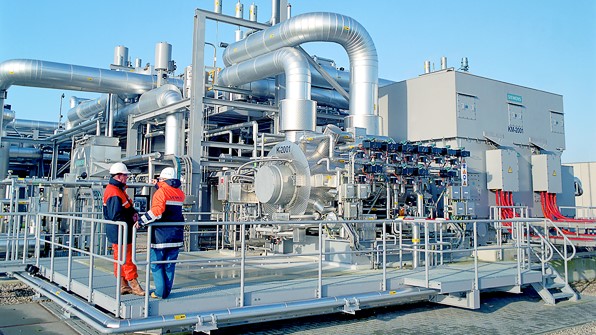
PE0114 : Process Plant Troubleshooting & Engineering Problem Solving
- Date: Jan 11 - Jan 15 / 3 Days
- Location: Cairo, Egypt
- Course Details Register
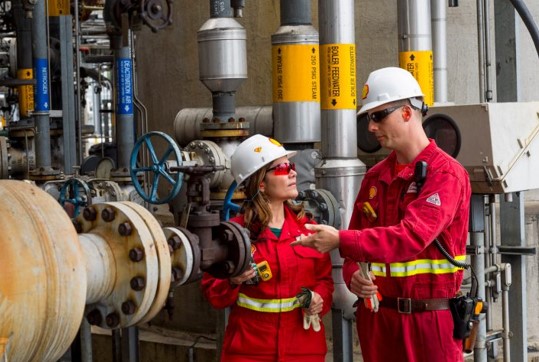
PE0640 : Troubleshooting Process Operations
- Date: Jan 11 - Jan 15 / 3 Days
- Location: Cairo, Egypt
- Course Details Register
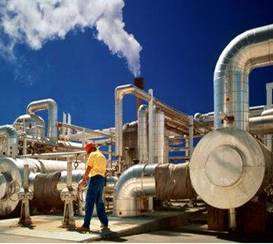
PE0230 : Process Plant Startup, Commissioning & Troubleshooting
- Date: Jan 08 - Jan 12 / 3 Days
- Location: Istanbul, Turkey
- Course Details Register
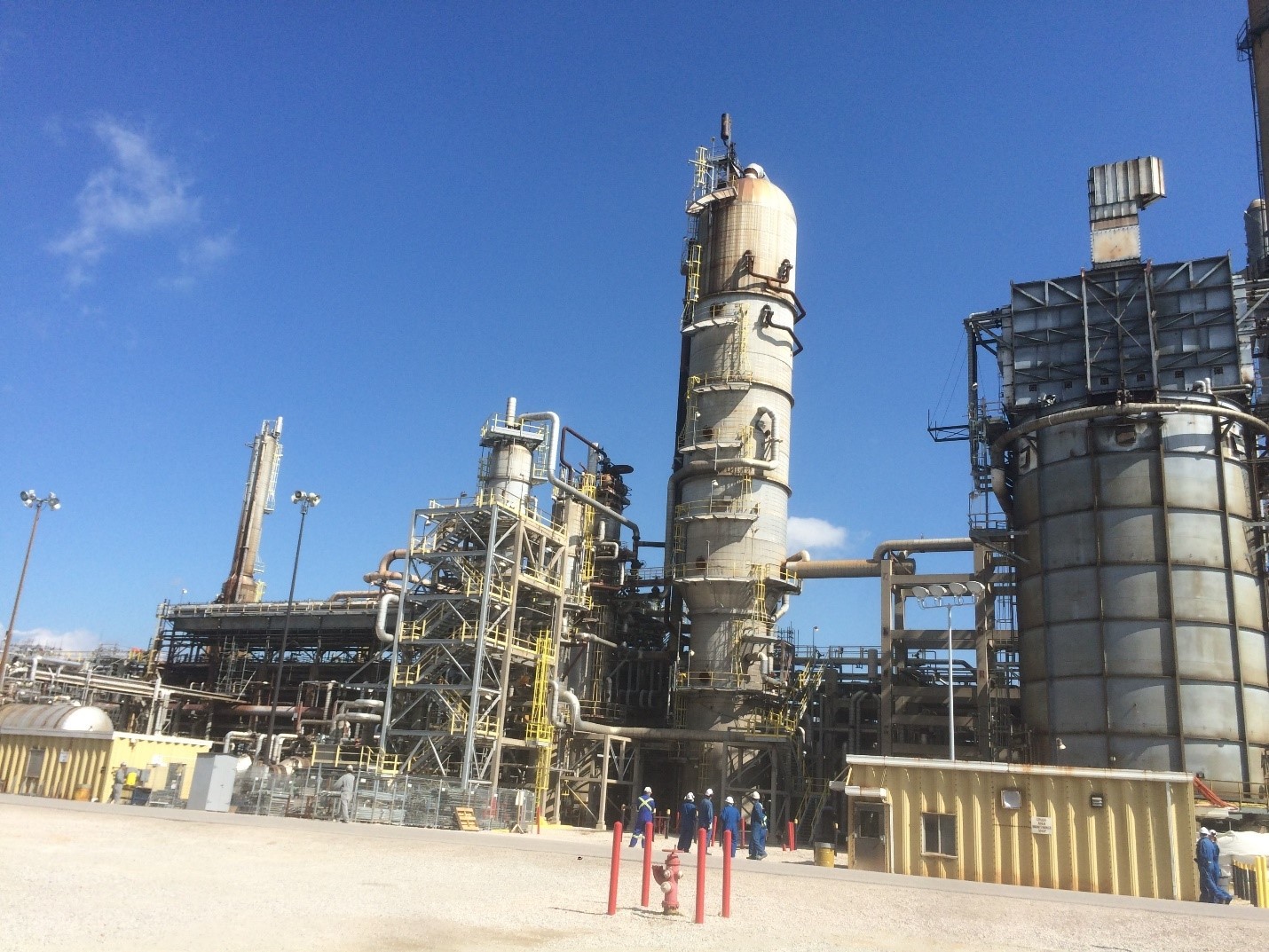
PE0390 : Distillation Design, Operation, Control & Troubleshooting
- Date: Jan 11 - Jan 15 / 3 Days
- Location: Dubai, UAE
- Course Details Register
